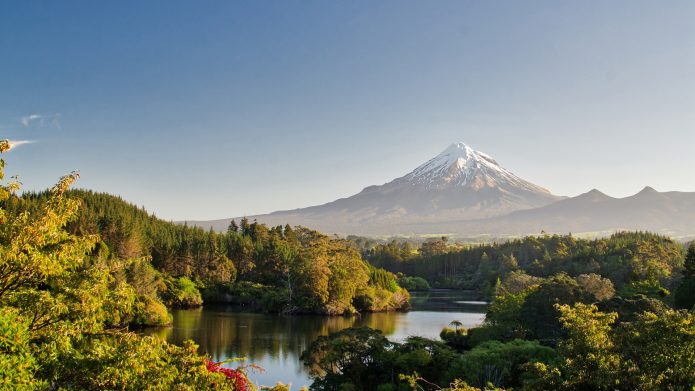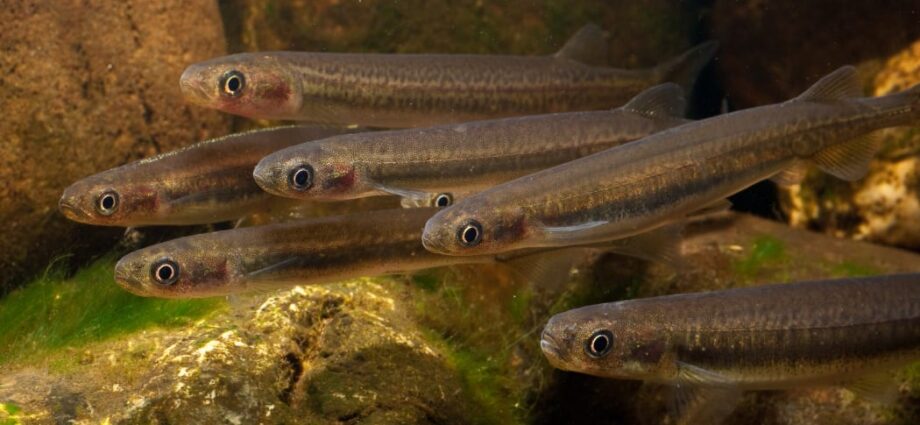PHOTO: Manāki project manager Paul Decker says its ambition is to restore and enhance native species that make up the whitebait catch. Photo: CC-BY-NC Ngā Manu Nature Images
A land-based whitebait farming operation is being trialled in Southland with an aim of ramping up production to enter the market.
The project, led by Manāki Whitebait, is aiming to provide a year-round supply of whitebait with a pilot project to be based out of Bluff’s Ocean Beach Freezing Works.
It has been boosted by a $1 million investment from the Ministry for Primary Industries’ (MPI) sustainable food and fibre futures fund (SFF Futures).
Manāki, which is based in Warworth, Northland , is owned by Tahu Whaoa Group Holdings, a commercial arm of the Ngāti Tahu-Ngāti Whaoa Runanga Trust.
The company matched MPI’s funding, alongside other investment support from the Bluff Ocean Beach site.
MPI’s director of investment programmes Steve Penno said the project was the result of 16 years of research into the breeding of all five New Zealand whitebait species.
“Manāki’s research shows that commercially viable production of the species is possible, and the next step at this new facility will be to scale up production to continuously service domestic demand.”
Manāki project manager Paul Decker said its ambition was to restore and enhance native species that make up the whitebait catch.
“Our main aim was to produce the whitebait species for reintroduction into improved habitats.
“Once the habitat is void of the species, they don’t come back.
“You’ve got to put some seedfish in that habitat that you’ve cleaned up and then they do come back from the wild.”
Manāki had 50,000 breeding adult giant kōkopu whitebait, more than half of what was estimated in the wild, Decker said.
“It’s been an enormous undertaking to get to this point, and we’re really excited to lead the way with farmed whitebait that will provide a year-round supply of whitebait to consumers, reduce the pressure on wild fishing stocks, be able to supply fish for restoration projects, and provide new jobs for the local community.”
READ MORE VIA RNZ
MOST POPULAR
- Real estate agent attacked in prison
- Ex-real estate agent in court for allegedly breaking into houses
- Family paid $500k for modular home they may never receive
- Claims about Jacinda Ardern’s wealth
- The real estate market takes another victim – The Block NZ
- Ross Taylor achieved real estate dream
- Grand Designs New Zealand | Medieval Castle – WATCH
- Abandoned land for sale
- Real estate agency targets mortgagee and estate sales
- Wellington remains at ‘epicentre’ of property downturn















